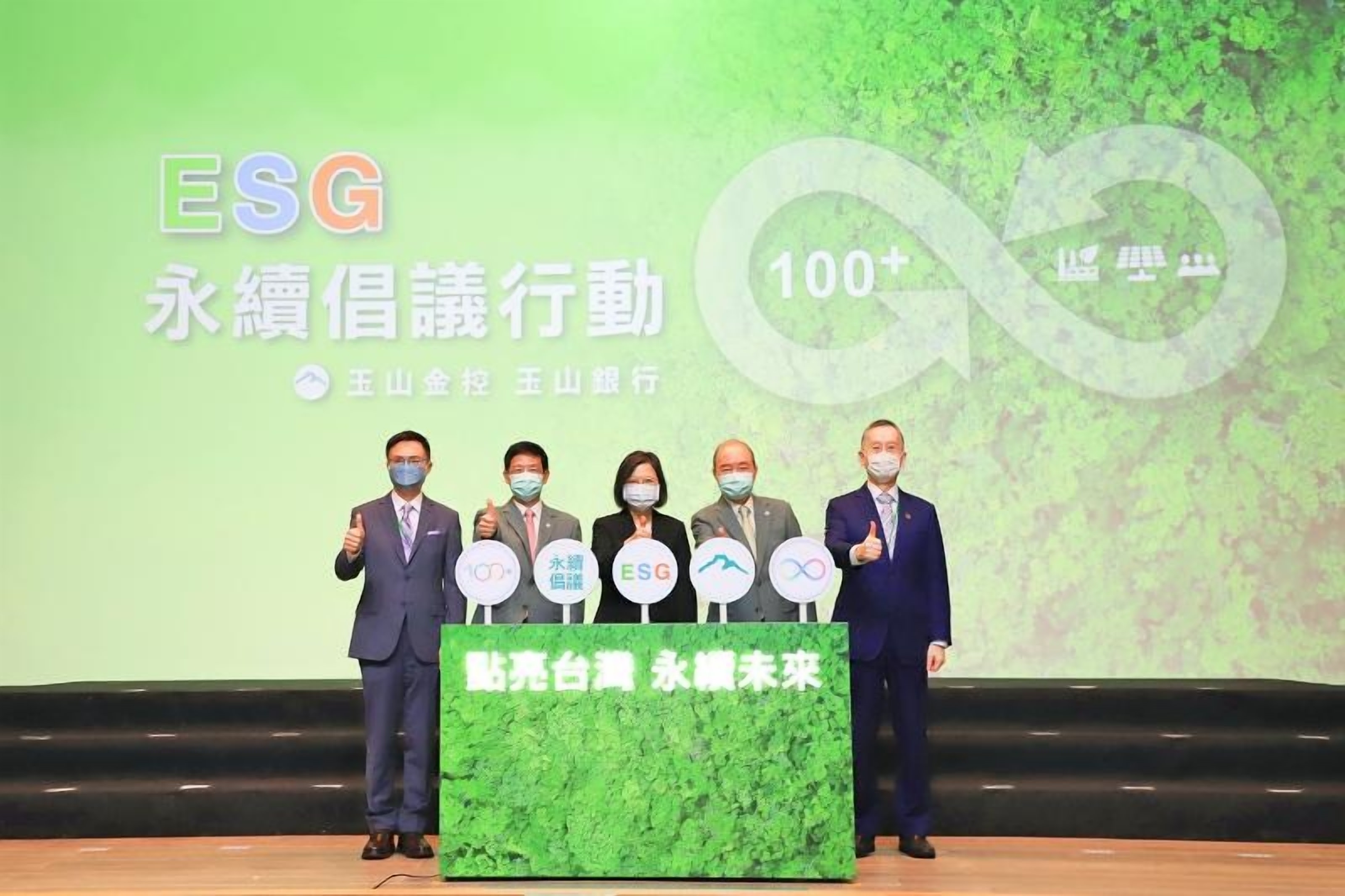B20 Advances Two Legacy Programmes Related to Green Transition

Business Twenty (B20) Indonesia, a group within G20, is promoting two B20 Legacy Programmes connected to green transition acceleration, namely the Carbon Center of Excellence and the Global Blended Finance Alliance.
The B20 is the official dialogue forum for the global business community to provide practical policy suggestions to the G20.
Shinta Kamdani, head of the B20 Indonesia, stated during an online seminar on Thursday that the Carbon Center of Excellence would assist the business world in understanding carbon trade through a knowledge hub and practice sharing centre.
Meanwhile, she highlighted during the "B20-G20 Dialogue: Integrity and Compliance Task Force" webinar that the Global Blended Finance Alliance will help connect owners of eco-friendly projects with prospective investors who will fund the initiatives.
By proposing B20 Legacy Programmes, the B20 hopes to strengthen themes that become B20 priorities.
The B20 Legacy Programmes have been created to be ongoing programmes that will continue when Indonesia's G20 presidency ends.
Within B20 priority domains, such as green transition, B20 has highlighted factors that have become critical for the execution of B20 Legacy Programmes.
As part of the B20, the Integrity and Compliance Task Force encourages sustainable management to assist the environmental, social, and corporate governance (ESG) initiative.
Earlier, Kamdani outlined three B20 ideas to carry forward the COP26 Glasgow agenda and urge the business sector in Indonesia and around the world to reduce greenhouse gas emissions.
The first strategy involves shifting from fossil fuels to new renewable energy sources through policy changes and recommendations.
The second strategy involves support for green transition financing, specifically for developing countries.
Meanwhile, the third strategy focuses on promoting trade and investment in green goods and services, which has become critical because low-emission equipment is typically costly and requires big investments and imports.
Source: Antara

